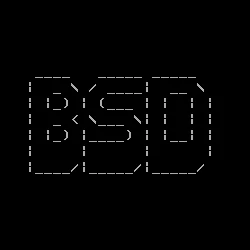FreeBSD Had A Very Successful 2018: Performance Improvements, Better Hardware Support

It was a stellar year for FreeBSD with performance improvements, better hardware support from conventional x86_64 systems to POWER9 and ARM and even RISC-V, a lot of new ports/packages going online, and all the work that culminated with the recent FreeBSD 12.0 debut. Some of the highlights covered in their status report include:
- The FreeBSD Core Team has been discussing the potential for more frequency point releases and/or changing the support model.
- FreeBSD Ports is up to almost 34,000 ports!
- FreeBSD has been backing projects around OpenZFS RAID-Z Expansion, a headless mode out-of-the-box for embedded ARM boards, and general performance and scalability improvements. There's also been other work on ZFS improvements, 64-bit inode support, i915 graphics driver work, FAT file-system support for makefs, and other work.
- The FreeBSD boot loader has a Lua interpreter that was made the default in Q3. This Lua interpreter will replace their FORTH interpreter for FreeBSD 13. The FreeBSD boot loader has also seen better UEFI support.
- Continued work on the FreeBSD Intel/AMD open-source graphics driver support based upon the Linux graphics driver code.
- FreeBSD power management improvements being worked on by Intel.
- Performance work includes lowering the system call overhead so that it's half that of FreeBSD 11, epoch performance improvements, Unix sockets can now scale linearly with increasing core counts, and the NUMA work has seen a 20~80x improvement in scalability of page fault handling.
- Various improvements to the Bhyve virtualization hypervisor.
- Support improvements for FreeBSD on various ARM SoCs.
- FreeBSD is getting into better shape on IBM POWER9, particularly around the Raptor Talos II hardware.
The report in full can be read on FreeBSD.org.
3 Comments

